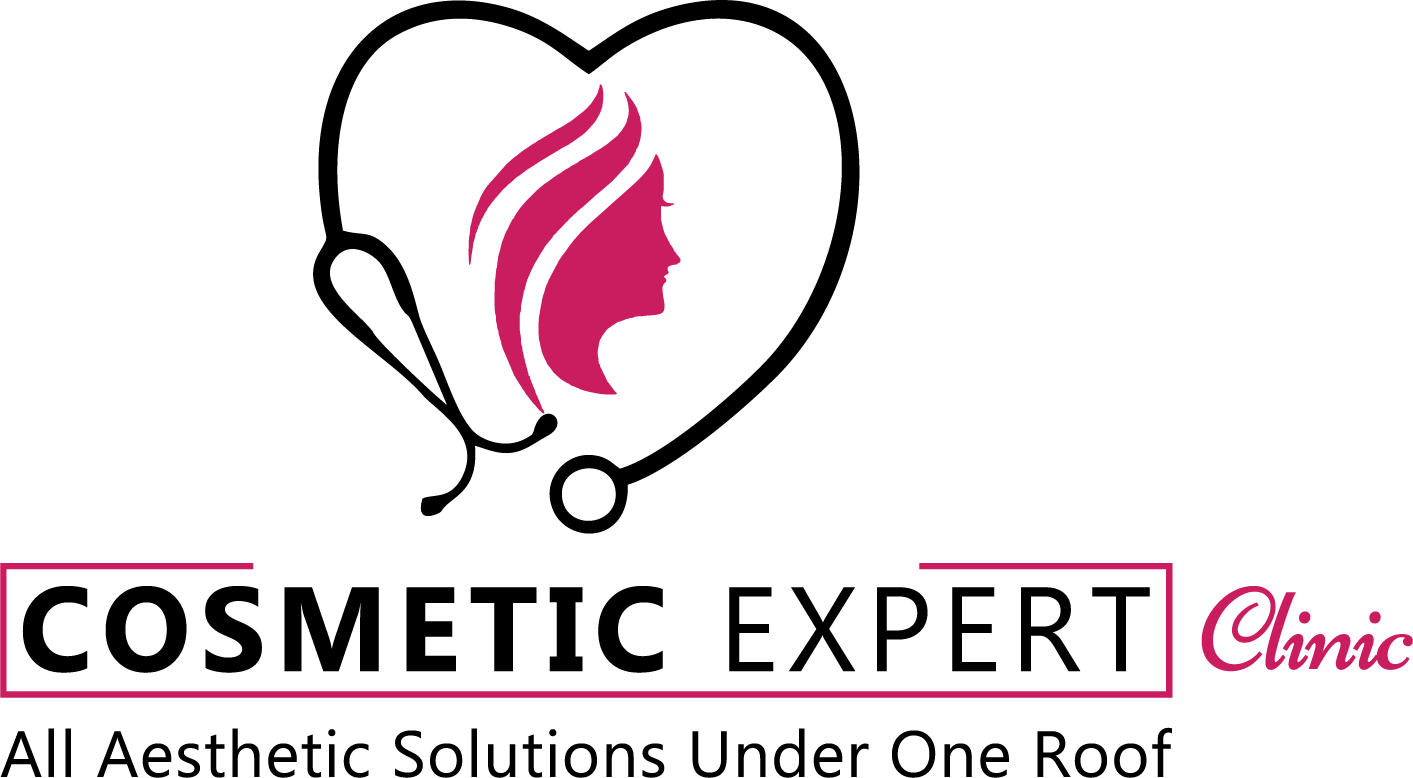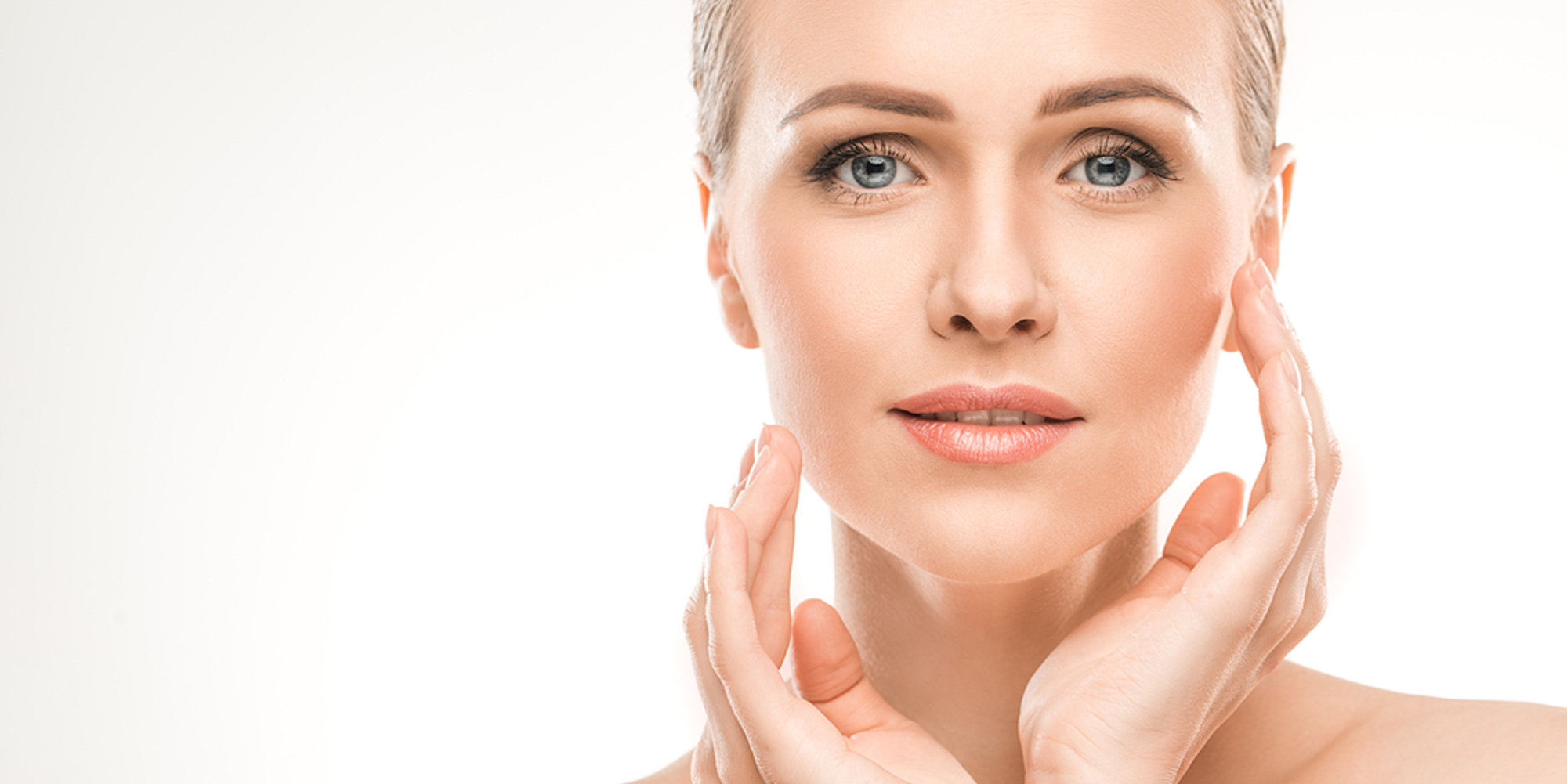Acne is a skin situation that arise when your hair follicles become plugged with oil and dead skin cells. It frequently causes pimples, whiteheads or blackheads, and normally appears on the face, forehead, chest, shoulders & upper back.
Fruitful treatments are available, but acne can be persistent. Depending on its intensity, acne can cause emotional discomfort and scar the skin. The quick you start treatment, the lesser your risk of such problems.
Acne is the most regular skin disease. Affecting all races and ages.
- Acne is most frequent in teenagers and young adults.
- An approximately 80% of all individuals between the ages of 11 and 30 have acne breakout at some point.
- Few individuals in their 40s and 50s still get acne.
- 67% Pakistani are affected by Acne
- 40-50 million Americans are affected by acne
- Acne is the 8th most usual disease worldwide
- It is estimated that as many as 25% of men and 50 % of women experience acne flares
- 65% of women report that their acne makes them feel awkward
- 1 in 3 women made an excuse to not go to an event due to a breakout.
- Whiteheads
- Blackheads
- Acne signs and symptoms vary depending on your condition
- Small red, tender bumps
- Pimples, which are papules with pus at their tips
- Large, solid, painful lumps below the surface of the skin
- Painful, pus-filled lumps underneath the surface of the skin
If personal-care remedies don’t clear your skin, consult your primary care doctor. He or she can recommend you stronger medications. If acne continue or is painful, you may want to seek medical treatment from a dermatologist.
In younger adults, an unexpected severe acne may signal an underlying disease requiring medical attention.
Seek urgent medical assistance, if after using a skin product you experience:
- Faintness
- Difficulty breathing
- Swelling of the eyes, face, lips or tongue
- Tightness of the throat
Four main factors cause acne:
- Excess oil production
- Hair follicles clogged by oil and dead skin cells
- Bacteria
- Excess activity of a type of hormone
Acne normally appears on your face, forehead, chest, upper back and shoulders because these areas of skin have the most oily glands. Hair follicles are connected to oil glands.
These factors can trigger or aggravate acne:
Androgens are hormones that increase in boys and girls cause the sebaceous glands to enlarge and make more sebum. Hormonal changes related to pregnancy also can affect sebum production.
Examples include drugs containing corticosteroids, testosterone or lithium.
- Studies indicate that certain dietary factors, including skim milk and carbohydrate-rich foods may worsen acne. Chocolate has long been doubt of making acne unpleasent.
- Stress can make acne worse.
These factors have minute effect on acne:
- Eating greasy food has small to no effect on acne.
- Acne isn’t caused by dirty skin.
- Cosmetics don’t necessarily worsen acne.
Risk factors for acne include:
- Humans of all ages can get acne, but it’s most usual in teenagers.
- Such changes are common in teenagers, women and girls, and those using specific medications.
- Genetics plays a vital role in acne. If both parents had acne, you’re likely to have it, too.
- You may grow acne where your skin comes into connection with oily lotions and creams or with grease in a work area, such as a kitchen.
- This can be occurred by items such as telephones, helmets, tight collars and backpacks.
- Stress doesn’t make a reason for acne, but if you have acne already, it may make it unpleasant.
A dermatologist can help you:
- Make scars less noticeable
- Control your acne
- Keep away from scarring or other damage to your skin
Your doctor recommends treatment may depends on your age, the type and intensity of your acne, and what you are willing to commit to.
Talk with your doctor about the risks and benefits of medications and other treatments you are considering.
- For Severe and persistent acne, schedule a visit with your dermatologist
- Avoid over-exfoliating and using harsh scrubs
- Eat foods rich in vitamins and minerals
- Removing dairy and simple sugars from your diet may help
Most studies reveal that people 12 years of age or older have involved in acne. Increasingly, adults are getting acne as well. In one study of 365 girls having ages 9 to 10, 78 % of them had acne. If your child has acne, review consulting a pediatric dermatologist.
These therapies may be suggested in select cases, either alone or in combination with medications.
- Lasers and photodynamic therapy
- Chemical peel.
- Extraction of whiteheads and blackheads.
- Steroid injection.

